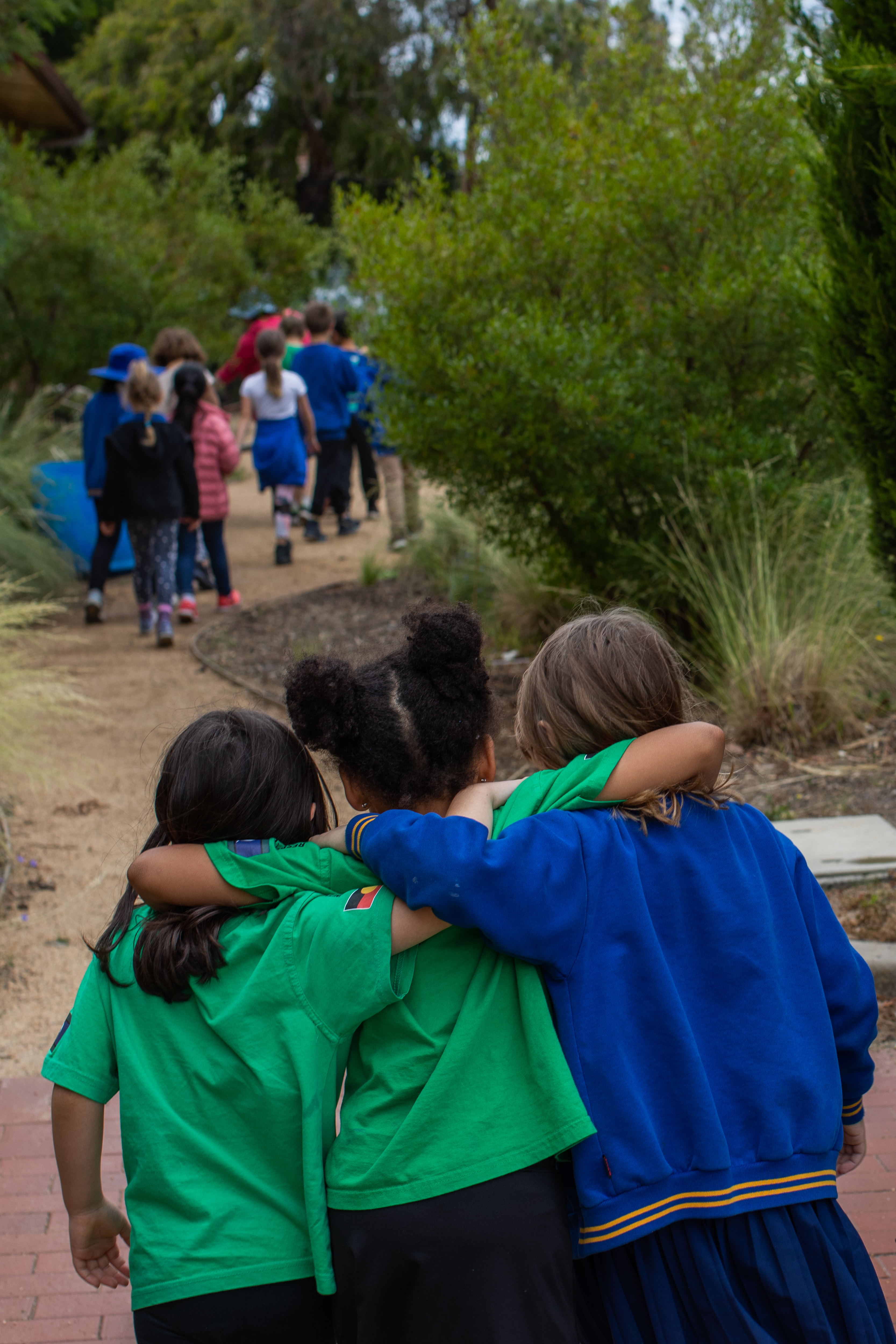On this page
Be You recognises the mental health impacts that natural disasters, pandemics and other traumatic events have on communities, and the role of learning communities in supporting resilience and recovery. The following resources aim to empower learning communities to build resilience for the future.
Wellbeing tools
Wellbeing tools for educators and leaders
Educator wellbeing is a key part of a mentally healthy learning community. The Wellbeing tools for educators and Wellbeing tools for leaders pages offer a range of resources to help you manage your wellbeing and help build a mentally healthy workplace.
You’ll find tools that can help you reflect on your stressors, promote help-seeking behaviour, and support your wellbeing and that of your colleagues.
Wellbeing tools for children and young people
See Wellbeing tools for children and young people for a collection of online resources that Be You has compiled for students.
These tools are designed to help young people learn about mental health and wellbeing and practise the skills to look after their wellbeing. The tools also contain useful strategies for when young people, or their peers, are struggling.
Resources and information
Emerging Minds Community Trauma Toolkit
The Emerging Minds Community Trauma Toolkit is designed for educators working with
children and families in areas affected by a natural disaster or other traumatic event in the community.
Be You Fact Sheets
Learning communities may find the Be You Fact Sheets on grief, trauma and critical incidents helpful.
Stories from learning communities
Read success stories and learn implementation tips from other educators to develop positive, inclusive, and responsive learning communities.
- Empowering children's voice in disaster recovery
- How prepared is your learning community for a bushfire or natural disaster?
- How to notice, inquire and provide support during the natural disaster season
- Preparing all students for bushfire season
- Supporting the voice of children and young people during disaster recovery
External resources
- The Australian Institute for Disaster Resilience (AIDR) develops, maintains and shares knowledge and learning to support a disaster-resilient Australia.
- The Australian Psychological Society has a range of resources available about natural disasters and other traumatic event in the community.
Events
Engage with, and learn from, the Be You team and other educators across Australia through interactive Be You implementation sessions, events and webinars. These informative online events explore aspects of Be You content and other areas of interest.
You can view recordings of sessions, events and webinars about supporting children and young people after a natural disaster, critical incident or other traumatic event in the community, below.
- A roadmap for recovery following a bushfire
- Building skills for resilience in disaster recovery
- Community Trauma
- Managing wellbeing in times of change and uncertainty (Be You Virtual Conference 2020 - Responding Together)
- Preparing learning communities for the bushfire season
- Recognising, reflecting on and responding to grief and loss in a school community
- Trauma informed practice in your learning community
- Understanding transitions in the context of disaster recovery and resilience
- Understanding trauma responses following a bushfire
- Working with and walking alongside - Protective factors to support communities recovering from adverse experiences
To access all previous sessions and events and to check for upcoming sessions, visit the Be You Events page.
Be You Professional Learning
Responding Together
Critical incidents can affect everyone in the learning community. The Responding Together domain includes three Professional Learning modules on how learning communities can prepare for critical incidents, respond in times of crisis and support recovery following a natural disaster.
- Recognise: Understand the potential impact of critical incidents.
- Respond: A collaborative response to critical incidents.
- Natural disasters and other community trauma: A practical framework and useful strategies for supporting resilience and recovery in learning communities following a natural disaster or other traumatic event.
- Leading through natural disasters and other community trauma: The important role leaders play in guiding their learning community through stressful and uncertain times.
- Therapeutic storytelling: The purpose, benefits, principles and strategies of therapeutic storytelling in supporting recovery following a natural disaster or other traumatic event.
Learn more about Responding Together
Bushfire Response Program
The Be You Bushfire Response Program was developed following the Black Summer bushfires across Australia in 2019–2020. The Program provided support for schools and early learning services affected by bushfires to help them understand the impacts of disaster, and how to support recovery and resilience.
Contact us
If you would like to contact Be You, send us a message via our Contact page.
